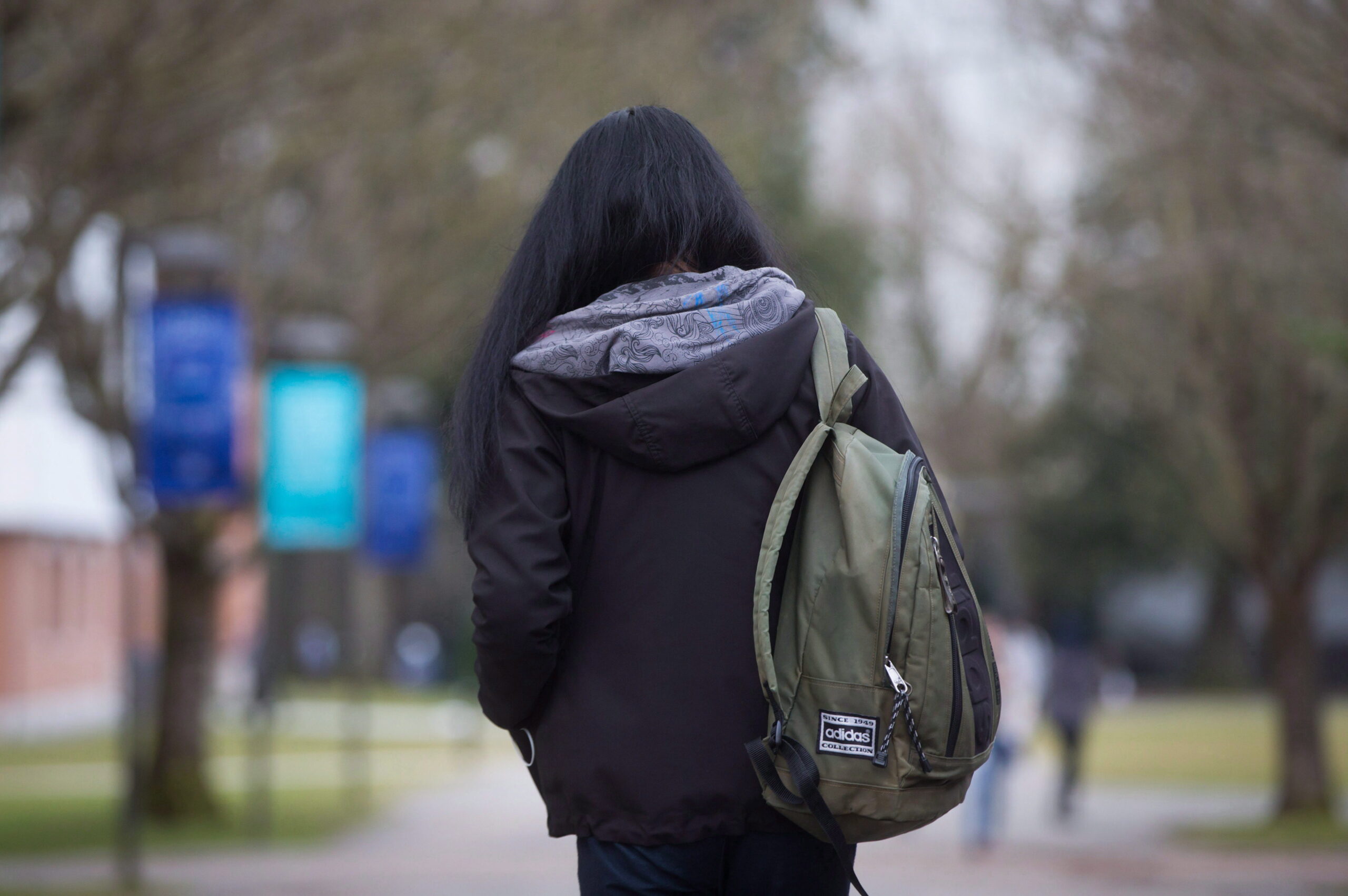Students at Trinity Western University (TWU) will no longer have to sign a document that bans sex outside of heterosexual marriage.
But current and former students at the evangelical Christian university in BC say they’re waiting to see the impact that decision will have on LGBT students at the school.
Earlier this month, the university said that as of fall 2018, students won’t be asked to sign the community covenant, which also forbids porn, drug use and drinking on campus. But the community covenant itself won’t change, and staff and faculty will still be expected to sign, the school says.
Corben Dunn, who also told Xtra last year about his experiences as a gay student at TWU, says that getting rid of the community covenant would have made him feel more comfortable as a student.
Dunn says the removal of the community covenant does help him feel better about telling people where he went to school — something he’s been hesitant to do as he’s approaching graduation and applying for jobs.
Dunn says it would “take it a step even further in the right direction” to remove the mandatory signing for staff and faculty, and that he would like to see TWU hire an openly queer staff member.
“That would be such a stand in solidarity for the community and I feel like it would allow a lot more people in the community who are struggling with their faith and sexuality to be more comfortable at the university,” he says.
Dunn thinks that’s unlikely to happen.
Still, he says that getting rid of the covenant won’t change community life much for students. “The covenant was basically a thin veil over the administration’s eyes,” Dunn says. “Everyone just signed it because they had to.”
He says there have been suggestions within the TWU community that the removal of the community covenant is “just an act to get the law school and get back on track with the government of Canada.”
“I would like to hope that that’s not why,” Dunn says.
Nathan Froehlich, a second-year undergraduate student at Trinity Western, is the current on-campus leader of One TWU, a student-run organization that works to raise awareness on LGBT issues and provide support for students.
Before applying to university, Froehlich spent a year working at a ski resort. After one ski season, Froehlich says he got tired of the party culture and wanted to start university in a more studious environment.
That’s why he liked the idea of TWU’s community covenant, which restricts partying, drinking and drug use.
“I knew going in I’d have to sign it, and I was pretty okay with that,” Froehlich says.
But that started to change during his first year at TWU, he says: “I started to feel the effects of the covenant. Not because I was ever discriminated against personally or anything like that, but I started to meet other people who were more directly affected by the covenant,” he says. “It was apparent that not everyone agreed with it.”
He agrees there’s skepticism about whether the community covenant impacts the reality of on-campus life.
“With or without a covenant, Trinity Western would have high standards for their staff and culture around the university anyway,” Froehlich says.
In a statement released by Trinity Western, president Bob Kuhn said “Let there be no confusion regarding the board of governors’ resolution; our mission remains the same. We will remain a biblically-based, mission-focused, academically excellent university, fully committed to our foundational evangelical Christian principles.”
Dan Snyder, a lawyer in Vancouver, pursued his undergraduate degree at a small Christian college before studying law.
He grew up in an evangelical household and says he would have considered studying law at TWU if it had existed when he was applying to schools.
Instead, he picked St Stephen’s University in New Brunswick. It’s a Christian school, and with just 30 new students every year, it’s also one of Canada’s smallest campuses.
Snyder says he was the second person that he knew of to come out at the Christian school.
But unlike TWU, he says, St Stephen’s makes space for diversity and allows for disagreements.
He says TWU is “still an institution that hasn’t gotten over its discriminatory not-so-far-away past. This wasn’t a matter of generations ago; it was weeks ago.” He says maintaining a requirement for staff to sign the document shows little progress.
“If it’s discrimination for some people, how is that something we can get behind?” Snyder asks.
Trinity Western University declined an interview request with Xtra. However, in an emailed statement to Xtra, Linda Munro, media relations for TWU, said “The community covenant functions as a staff code of conduct, just as other workplaces have a code of conduct for staff who choose that workplace.”


 Why you can trust Xtra
Why you can trust Xtra


